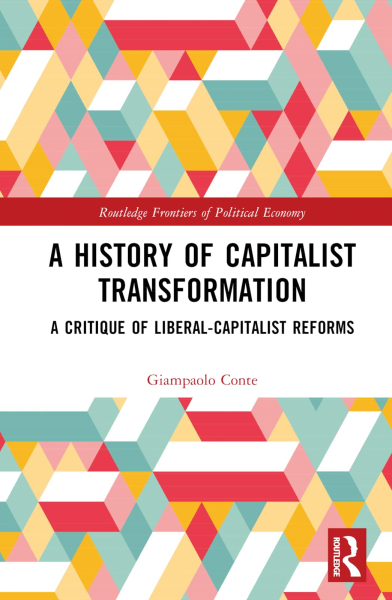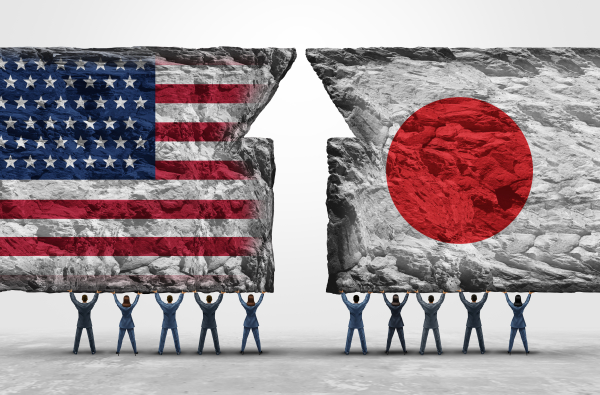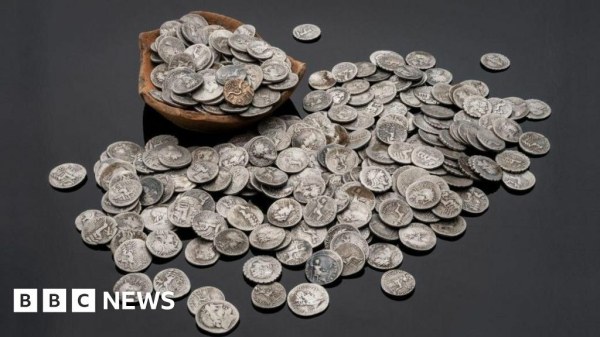Suche
Beiträge, die mit EconomicHistory getaggt sind
"‘Liberal’ and ‘capitalist’ paired as a hyphenated compound word seems like an oxymoron, leaving one to wonder, what do civil liberties and democracy have to do with an economic system that often infringes on the aforementioned liberal defining characteristics? Well, A History of Capitalist Transformation: A Critique of Liberal-Capitalist Reforms by Giampaolo Conte analyzes the historical scope of capitalist reforms, particularly through the British economy, under the guise of liberalism from the nineteenth century and beyond. In just four chapters, while grazing the philosophy of Marxism through figures like Antonio Gramsci, Conte offers a clarifying historical perspective on the evolution of capitalist reforms. Conte’s engagement in this historical project reignites a conversation on the ability of capitalism, a system that thrives on exploitation and violence, to textually morph into an ostensibly paradoxical philosophy, that is, liberalism, to gain submission (domestically and internationally), expand dominance and accumulate capital. A History of Capitalist Transformation displays how domestic social classes and semi-peripheral states (developing nations) have both fallen prey to the expansion of internal and external capitalist reforms. According to Conte, the action of falling prey is caused by the presentation of liberal-capitalist reforms as they are presented through the cultural, moral and civic values of liberalism and not the violent and individualist values of capitalism (38)."
https://marxandphilosophy.org.uk/reviews/21887_history-of-capitalist-transformation-a-critique-of-liberal-capitalist-reforms-by-giampaolo-conte-reviewed-by-julia-bradley/
#Capitalism #Liberalism #EconomicHistory #Reformism #PoliticalEconomy
https://marxandphilosophy.org.uk/reviews/21887_history-of-capitalist-transformation-a-critique-of-liberal-capitalist-reforms-by-giampaolo-conte-reviewed-by-julia-bradley/
#Capitalism #Liberalism #EconomicHistory #Reformism #PoliticalEconomy

‘History of Capitalist Transformation: A Critique of Liberal-Capitalist Reforms’ by Giampaolo Conte reviewed by Julia Bradley
‘Liberal’ and ‘capitalist’ paired as a hyphenated compound word seems like an oxymoron, leaving one to wonder, what do civil liberties and democracy have to do with an economic system that often infringes on the aforementioned liberal defining charac…marxandphilosophy.org.uk
SPOT ON!!! You really to have to understand political economy, monetary economics, and economic history to tackle the current historical macro-scenario -
👉 "The next question is whether the protectionist policies espoused by Mr. Trump can save the people who are asking for his help. Unfortunately, the trade wars of the 1930s suggest the answer is probably “No.”
In the 1930s, the global economy was thrown into turmoil by the sharp increases in US import duties implemented in 1930 under the Smoot-Hawley Tariff Act and the retaliatory tariffs by other nations that followed. The value of global trade plunged 66% from the peak, and economies around the world suffered heavily.
The resulting economic turmoil eventually led to World War II. The US, which got through the greatest tragedy in human history by mobilizing its military capabilities, decided the world must never repeat this mistake. To that end, it introduced the system of free trade symbolized by the 1947 GATT (General Agreement on Tariffs and Trade).
This US-led free trade system produced unprecedented prosperity for humanity, but cracks began to appear when the nature of the currency market changed after the developed nations began liberalizing capital flows in 1980.
Today, just as in the 1930s, free trade is facing a potential crisis in the form of a sharp increase in US tariffs. If the authorities seriously wish to avoid this outcome, I think the nations of the world must come together and carry out an exchange rate adjustment similar to the Plaza Accord." 👈
https://www.ineteconomics.org/perspectives/blog/trump-tariffs-and-exchange-rates-the-message-of-elections-in-the-us-and-japan
#USA #Trump #Protectionism #FreeTrade #USTariffs #TradeWar #PoliticalEconomy #MonetaryPolicy #EconomicHistory
https://www.ineteconomics.org/perspectives/blog/trump-tariffs-and-exchange-rates-the-message-of-elections-in-the-us-and-japan
👉 "The next question is whether the protectionist policies espoused by Mr. Trump can save the people who are asking for his help. Unfortunately, the trade wars of the 1930s suggest the answer is probably “No.”
In the 1930s, the global economy was thrown into turmoil by the sharp increases in US import duties implemented in 1930 under the Smoot-Hawley Tariff Act and the retaliatory tariffs by other nations that followed. The value of global trade plunged 66% from the peak, and economies around the world suffered heavily.
The resulting economic turmoil eventually led to World War II. The US, which got through the greatest tragedy in human history by mobilizing its military capabilities, decided the world must never repeat this mistake. To that end, it introduced the system of free trade symbolized by the 1947 GATT (General Agreement on Tariffs and Trade).
This US-led free trade system produced unprecedented prosperity for humanity, but cracks began to appear when the nature of the currency market changed after the developed nations began liberalizing capital flows in 1980.
Today, just as in the 1930s, free trade is facing a potential crisis in the form of a sharp increase in US tariffs. If the authorities seriously wish to avoid this outcome, I think the nations of the world must come together and carry out an exchange rate adjustment similar to the Plaza Accord." 👈
https://www.ineteconomics.org/perspectives/blog/trump-tariffs-and-exchange-rates-the-message-of-elections-in-the-us-and-japan
#USA #Trump #Protectionism #FreeTrade #USTariffs #TradeWar #PoliticalEconomy #MonetaryPolicy #EconomicHistory
https://www.ineteconomics.org/perspectives/blog/trump-tariffs-and-exchange-rates-the-message-of-elections-in-the-us-and-japan

Trump, Tariffs, and Exchange Rates: The Message of Elections in the US and Japan
What Japan, the US, and Europe have in common is growing popular anger over the economy despite high stock prices and low unemployment.Institute for New Economic Thinking
Hoard of Roman coins found during building work in Worcestershire #uk 🇬🇧
https://www.bbc.com/news/articles/c4gxnjq3ye0o
@histodons @archaeodons @historikerinnen @antiquidons #numismatics #EconomicHistory #geschichte #histodons #history #histoire #archaeology #heritage #Archaeologie #archaeodons #Altertumswissenschaften #RomanArchaeology #RomanEmpire
#antiquity #AncientHistory #antike
https://www.bbc.com/news/articles/c4gxnjq3ye0o
@histodons @archaeodons @historikerinnen @antiquidons #numismatics #EconomicHistory #geschichte #histodons #history #histoire #archaeology #heritage #Archaeologie #archaeodons #Altertumswissenschaften #RomanArchaeology #RomanEmpire
#antiquity #AncientHistory #antike
Hoard of Roman coins found during building work in Worcestershire
The discovery of 1,368 Iron Age and Roman coins is expected to be valued at more than £100,000.Will Jefford (BBC News)

